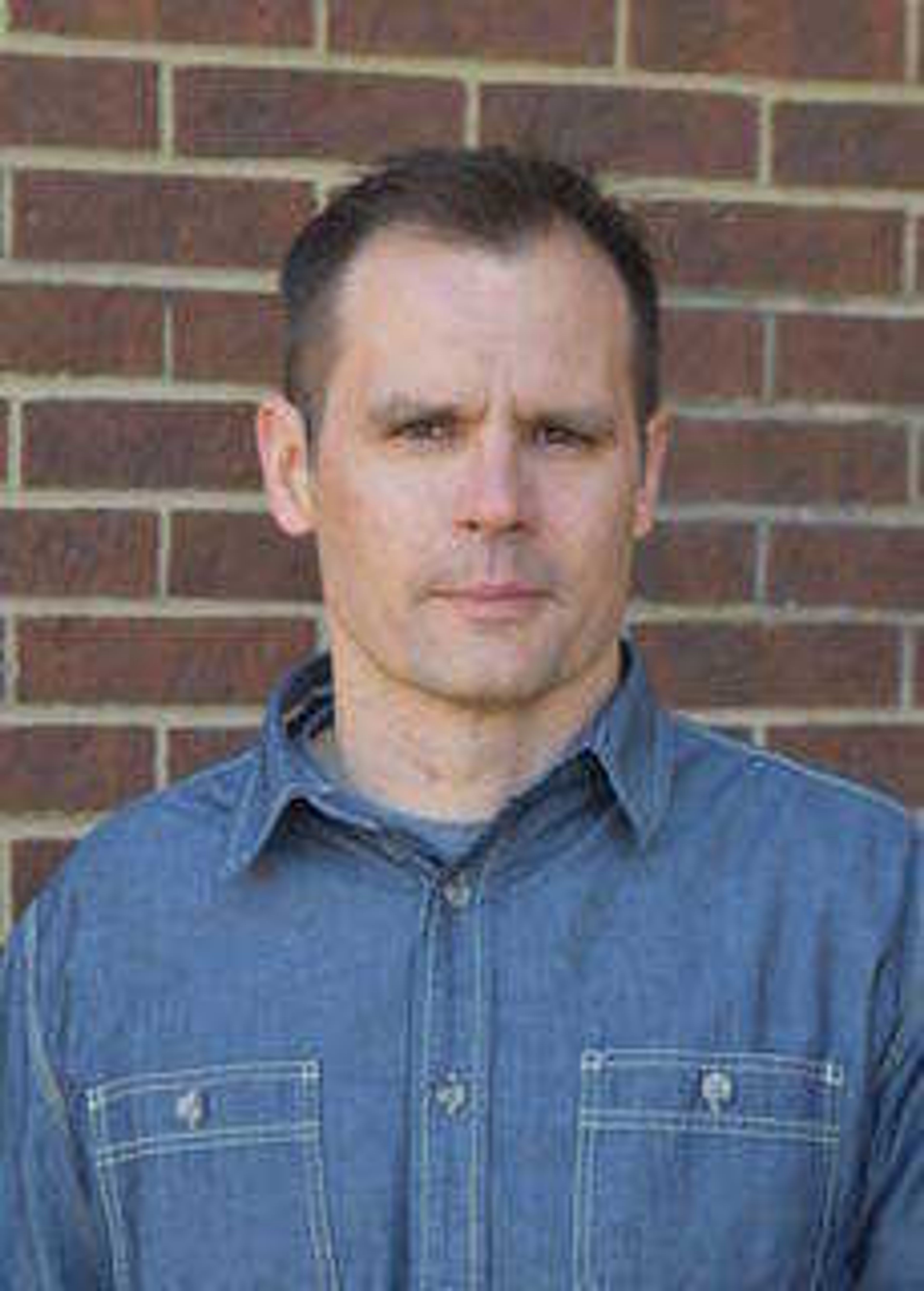Making decisions while honoring God
When the church was young, its growth demonstrated itself to be more organic that strategic. What began with Jesus' one simple command -- to be his witnesses by telling all he was and all he did in their hometowns and beyond -- exploded into a movement...
When the church was young, its growth demonstrated itself to be more organic that strategic. What began with Jesus' one simple command -- to be his witnesses by telling all he was and all he did in their hometowns and beyond -- exploded into a movement.
Addressing the church's organic growth demanded adding layers, systems and leaders while contextualizing the message of Jesus. Acts 6 details a process of priority-driven decision making that enhanced personal satisfaction and did not hinder the organic growth that was being experienced.
The early church took daily distributions of food to its widows. Word came back to the Apostles, the leaders of the church who were chosen personally by Jesus, that the Hebrew widows were receiving more food than the Gentile widows.
The first step these men took was to determine if this was a real problem. It seems they quickly came to the conclusion that it was. If the problem was not addressed, it would not only falsely represent all Jesus said and did but could have extensively damaged the future of the movement.
These men then took an amazing step. Unlike most of us who think for something to be done right we must do it ourselves, the Apostles decided it was not right that they give up their exclusive primary tasks. Priority-driven decision making does not say yes to everything, no matter how good or how high the need is. Their God-honoring filter created a layer of servant-leadership based on the criteria of character, faith and competence that resulted in a tremendous blessing of God.
Your filtering process determines the results you get. In other words, the way that you think determines the way you act. The way you act determines the life you build. The early church understood that the questions of "what is important that demands we say yes" and "what is important that demands we say no" are equally valuable.
God-honoring decision making, first of all, never rules out his supernatural intervention but is always filtered through his priorities, his criteria and his process which spreads his message further and deeper than we can imagine.
Rob Hurtgen is a husband, father, minister and writer. Read more from him at www.robhurtgen.wordpress.com.
Connect with the Southeast Missourian Newsroom:
For corrections to this story or other insights for the editor, click here. To submit a letter to the editor, click here. To learn about the Southeast Missourian’s AI Policy, click here.










